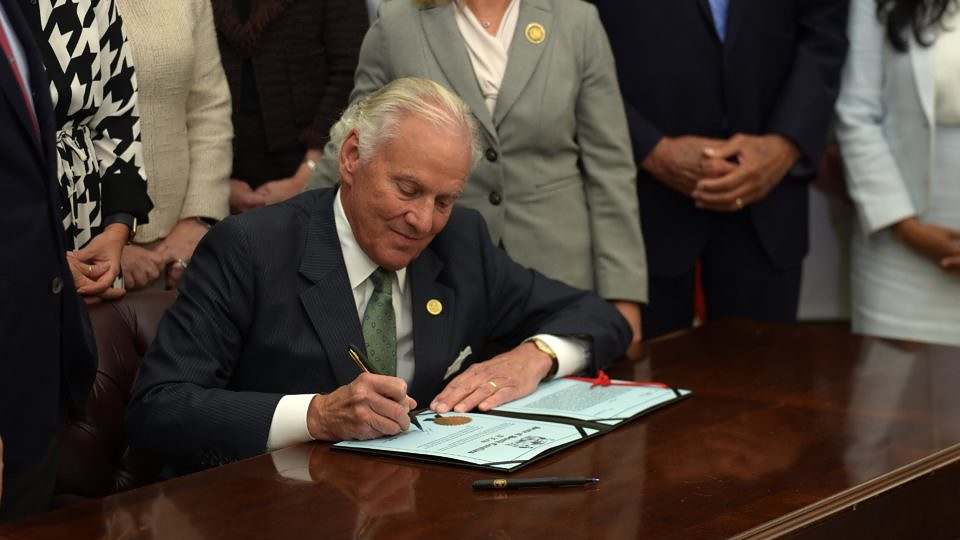|
Getting your Trinity Audio player ready...
|
Governor McMaster Signs Controversial Bill Limiting Investment Criteria
A dangerous trend in government overreach threatens taxpayers retirement accounts and state pensions …

8 comments
If The Securities and Exchange Commission mandates ESG for publicly traded funds, then that would shutout investments.
I haven’t done a deep dive on BMW, but a google search of BMW and ESG produced a number of matches. BWM has been very good to South Carolina with jobs and investments; there’s also companies that built manufacturing near BMW.
Boeing has an ESG policy.
Will South Carolina kick out Boeing and BMW? Or withdraw tax incentives? What about future companies that want to build here?
There are many foreign companies that have manufacturing plants in South Carolina. Those countries may have ESG requirements, or the European Union may require ESG compliance.
The powers to be are worried about ESG investments in the State Retirement System’s Pension Fund?! Their concerns would be better directed toward a state retirement system that has awarded state retirees with a paltry, pitiful ONE PER CENT annual cost of living increase over the last few years. So much for dedication, hard work, and loyalty for those now living on a fixed income. They should be ashamed of themselves.
I doubt there are few national or multinational corporations that don’t have ESG policies. The corporate world embraced ESG long ago. I guess most the companies in SC that received bri…., sorry, incentives, will need to pack up and move on. Any company thinking about investing in SC will now think twice since the state isn’t willing to invest in that company.
For my personal investing, I pay no attention if a company has ESG. I look for a good investment that will maximize my dollars. I could care less if ESG is in play. The next thing up will be an increase in the employee contributions once the actuaries crank the numbers after the investment portfolio tanks.
Is it just me or does the GQP act more like democrats every day?? The government is now the guiding principle on how to invest and not seasoned portfolio managers.
Wow, the hardcore Leftists are out in full force. Nick Loris is LYING about the impact of the law. There is nothing in it that says a ompany can’t have a politically biased nd racist ESG policy (as most of those policies are. It means that companies cannot be picked just because they have Leftist-approved ESG policies rathr than because they are profitable.
I remember when Republicans didn’t stand for telling businesses what they could and couldn’t do. Ronald Reagan must be doing cartwheels in his crypt.
Study after study have told us that ESG policies ARE financial considerations.
Another case of our government trying to do a job that is better left to the professionals.
Let’s face it, the Trumpublicans want to control every aspect of your life, from who you can marry to what you can invest in, and what your religion can be. But they won’t take your guns, as long as you do what they tell you to, and they will hate the people you hate. Nazi Germany circa 1932.
Bet none of you guys ever get any !!